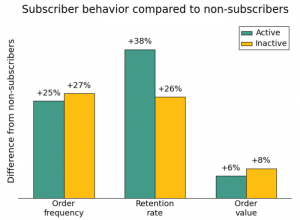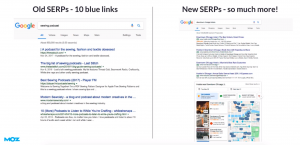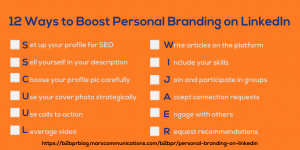
We’ve all heard the phrase, “in the President’s first 100 days…” but this thinking holds true for any new employee in any job. The first few months in a new environment presents a critical window of opportunity to set the tone. In the workplace, these first 90-100 days are make-or-break for a lot of new hires: they can set the ball rolling for a successful, positive career or they can stall growth and present stumbling blocks for a new hire. The workplace requires a level of social preparedness as well as professional experience that every new hire should keep in mind as they enter a new job. Here are a few tips to help your first 90 days position you for long-term career success.
Learn the invisible & visible rules as fast as possible.
Invisible rules are the “rules of the game” that are known in the office, but not discussed in an interview or onboarding session. These might include things like, “expect to check your work email after 5 p.m.,” or “no one usually leaves the office until 6 p.m.,” or “avoid emailing the CEO – always go through his/her secretary.” These “rules” are important to learn quickly and adopt, as they define much of the culture you’ll be working in, and it’s a disservice to call attention to yourself for disrupting these baseline expectations. The fastest way to understand invisible rules? Sit down with a trusted advisor (like your new manager or a team member). Visible rules are the spoken standards of the company and your specific role. Be sure to have a comprehensive understanding of the most important function(s) of your job. It might sound oversimplified, but many new hires walk into the job having prepared very little for the most basic components as described in the Job Description. Do yourself a service by preparing for the role so you can contribute as much as possible from day one.
Take stock of the interpersonal landscape.
In other words, figure out fast who the key players are. You’ll notice that some employees are comfortable as “hand raisers” — they’re willing to jump in and participate or take on a task. Others take the backseat and prefer to follow. Others still will prove themselves to be key decision-makers (whether or not they are public about that fact). Do your homework to understand who these people are, and strive to tie yourself to decision-makers and leaders from day one.
Display your ability to take ownership and lead.
The easiest way to do this as a new hire is to simply volunteer first. Odds are, at some point, a manager or team member will make an “ask” of the team. Your goal here is to be the first person to volunteer and take on the task. Getting in the habit of hand-raising will further establish your persona as a leader and will demonstrate your enthusiasm for learning new things.
Create boundaries for social sharing.
There is often power in what you don’t share. Before you start your job, take some time to establish boundaries in your mind for what you will/won’t share socially. Establishing general guidelines helps to keep you accountable, even during a post-work happy hour. Over-sharing or steering conversation into a gossipy or highly personal territory can only harm your 90-day impression.
Aim for a series of known “wins” early on.
The “halo effect” is a concept that plays out in the workplace and many other realms. A positive connotation, or “halo,” is created when a new team member establishes “wins” — positive contributions to the team — early on. This is essentially another way of creating an ideal first impression. The effect actually lasts much longer than the first 90 days, though — and this is why it is so critical. These early wins have the potential to establish your workplace identity for the long haul. The halo effect has a lot of power, and it also works in reverse: if you show up on the scene disturbing culture, not understanding your role, and missing opportunities for wins…your first impression will be far from a halo effect and will be difficult to undo.
Business & Finance Articles on Business 2 Community(73)







